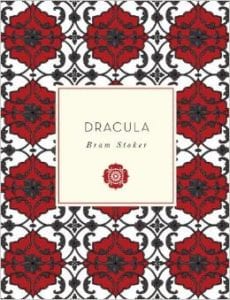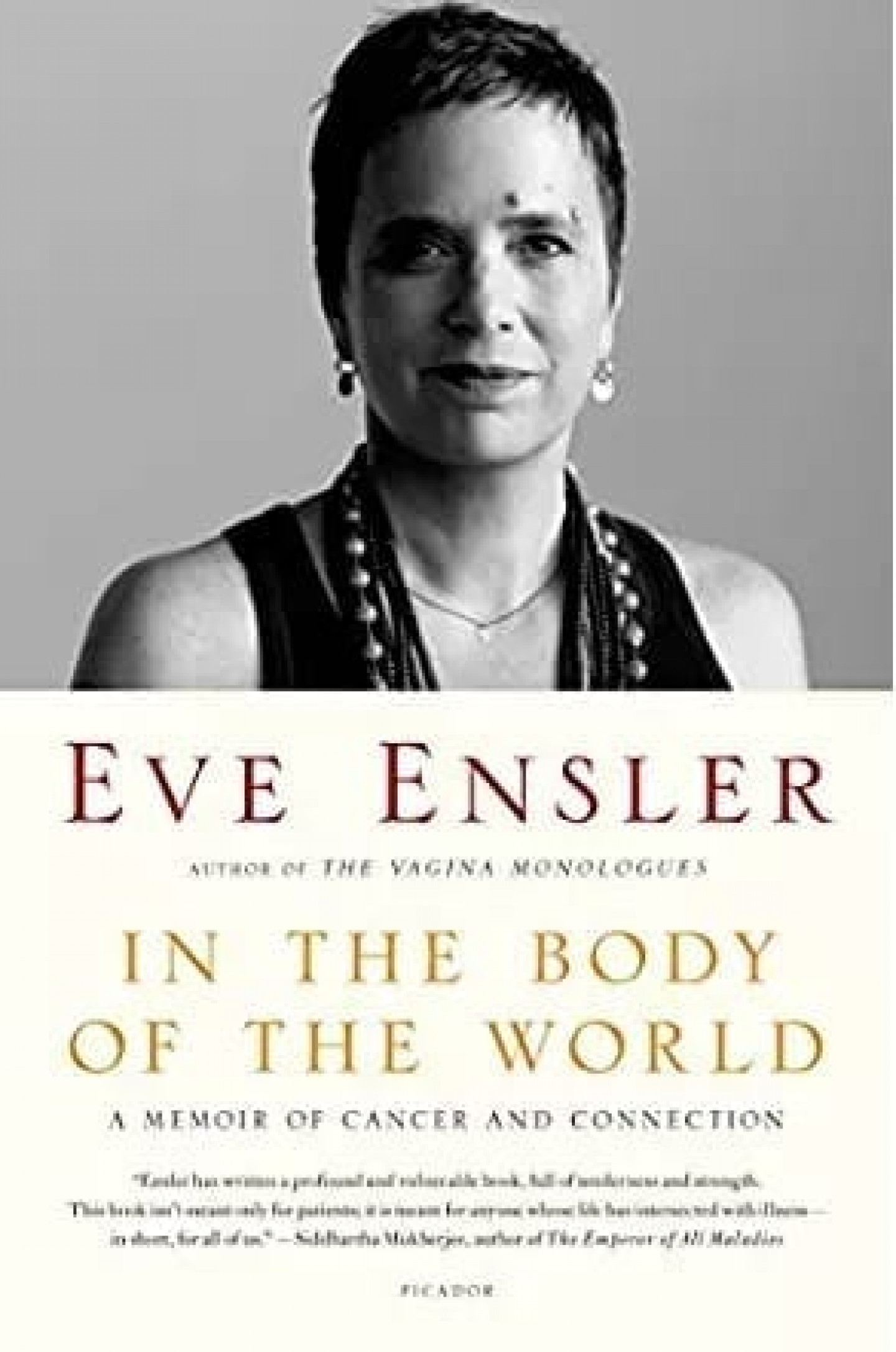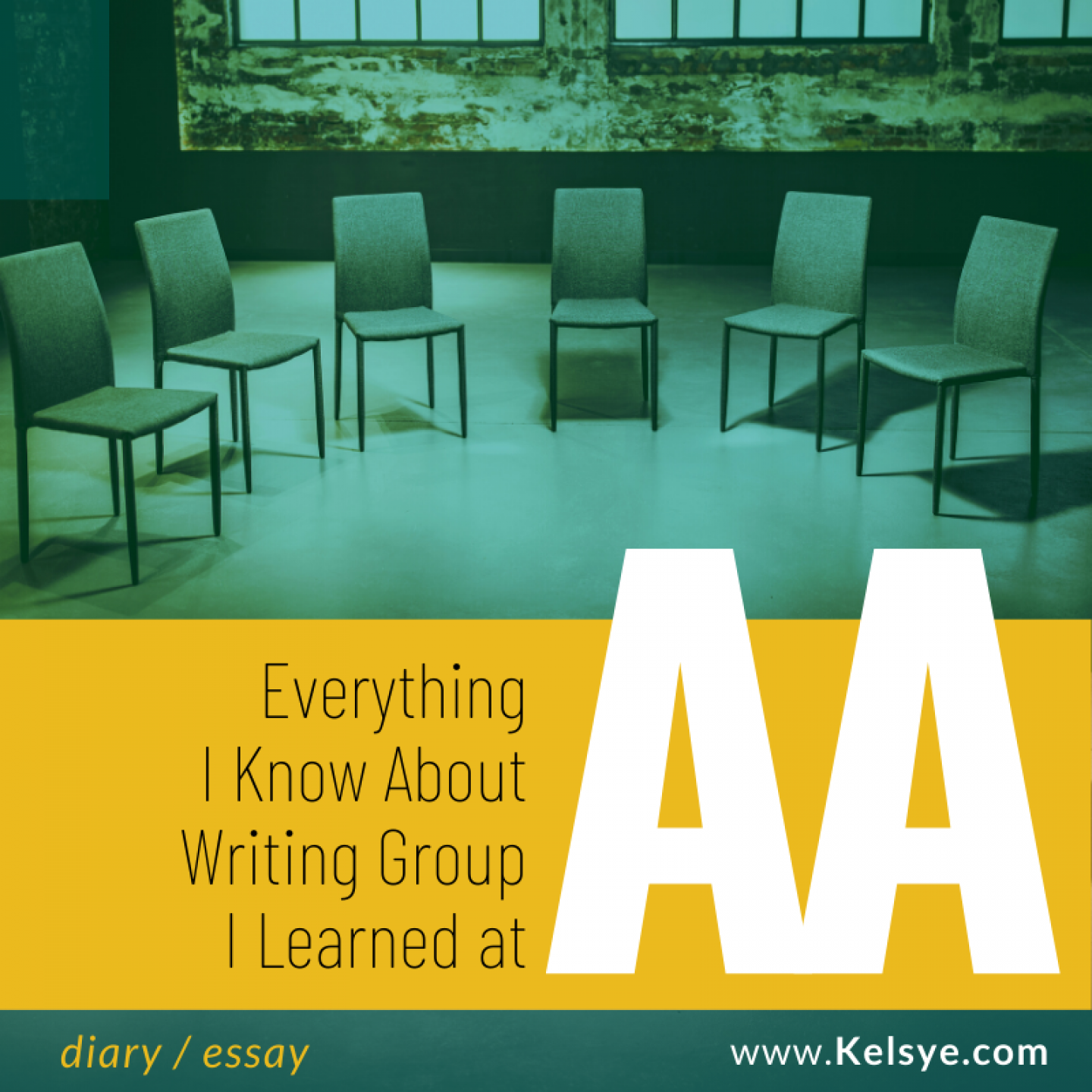
You would think that when you read Dracula, that all the mystery and suspense would be sucked dry from the plot line by all those vampire movies you watched. Not so. Even though you know the punchline, why yes, the Count really is a blood-sucking demon out to cause no good, every page, almost every passage, sinks its fangs into your heart and pulls you along at a fearsome clip.
The book opens with young Jonathan Harker’s diary. Jonathan, a new solicitor, travels to Count Dracula’s castle in Transylvania to prepare the Count for his move and new life in London. In only a matter of days, the danger of the place and his company become readily apparent to Jonathan. He must escape home, where in short time, mysterious happenings occur throughout the town. Frivolous yet charming young maidens go sleepwalking, children disappear, giant bats bash against windows. The three suitors of the tormented maiden band together with doctor and occultist Van Helsing, unbelieving, yet driven by terror and grief to fight the evil that has stolen their love.
Bram Stoker wrote Dracula in epistolary format, meaning the narrative comes together in the form of diary entries, newspaper clippings, letters, ship logs and other official documents. It would be fair for you to assume this hodgepodge collection of narrative snippets would slow the plot and remove you from the story, but the actual effect is quite the opposite. While reading, you discover each plot twist through pieces of evidence, as though Bram Stoker was not telling you a story, but building a case. He retains realism in detail, voice and format, yet never allows the pieces to stray from the quickly building plot line.
Vampires are sexy. We all know this, and if we didn’t, the modern retellings assert this truth again and again, from sparkly Edward (Twilight) to angst-y Lestat (Interview with the Vampire) to bad boy David (The Lost Boys). The origin for this association with sex and the undead becomes remarkably clear while reading Dracula’s steamy pages. The entire book reads as a sophisticated seduction. Even simple passages about place, or Jonathan's terror as the wolves descend upon his carriage, are written with such care and delicate texture that they feel like love letters. Never explicit, Bram Stoker teases you with glimpses of moonlit skin, voluptuous lips and cunning hands. In the ruins of a church courtyard, well past midnight, he finally takes us. Listen as Jonathan's fiancée Mina tracks down her childhood friend Lucy on a fateful night.
...there, on our favourite seat, the silver light of moon struck a half-reclining figure, snowy white. The coming of the cloud was too quick for me to see much, for the shadow shut down on light almost immediately, but it seemed to me that something dark stood behind the seat where the white figure shone, bent over it. What it was, whether man or beast, I could not tell; I could not wait to catch another glance. ... There was undoubtably something, long and black, bending over the half-reclining white figure. ...
Whew. I'm ready for my drink now.
Want to know what cocktail I recommend sucking down while reading Dracula? Well, you'll have to wait for Book Lush! Make sure you get on my email list so you get notice the moment it's out.










